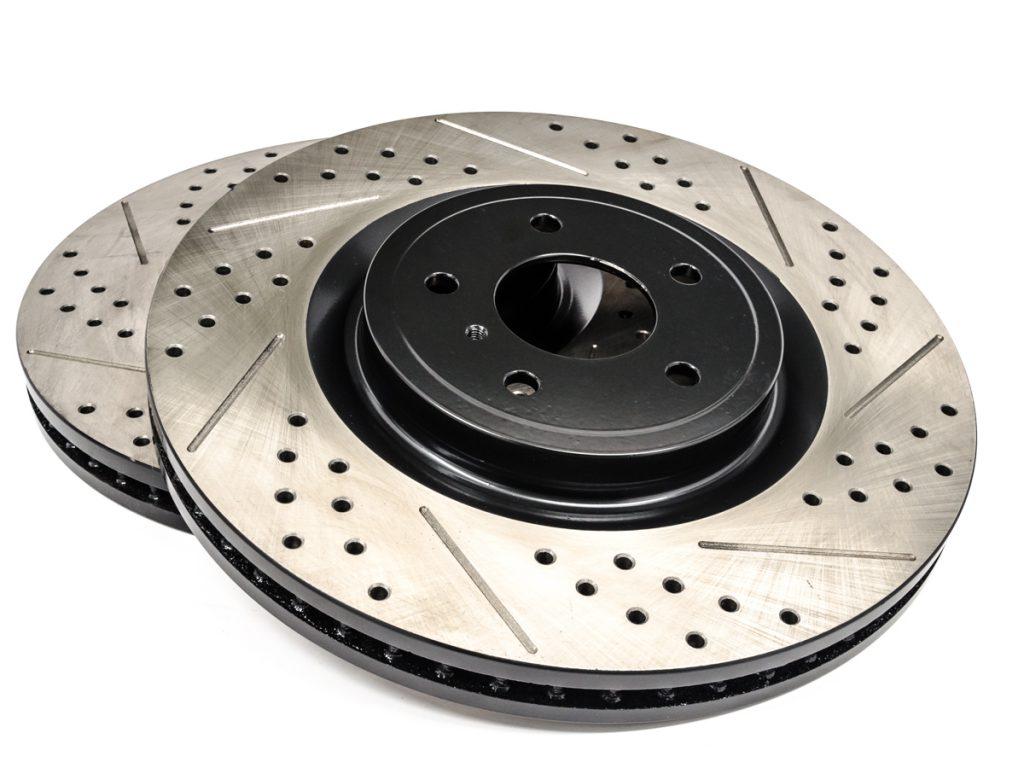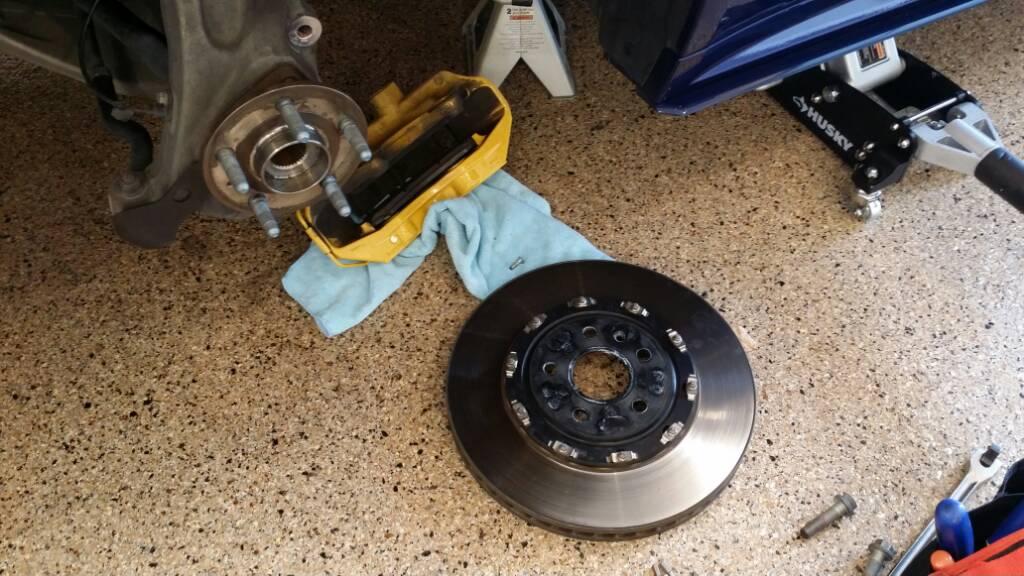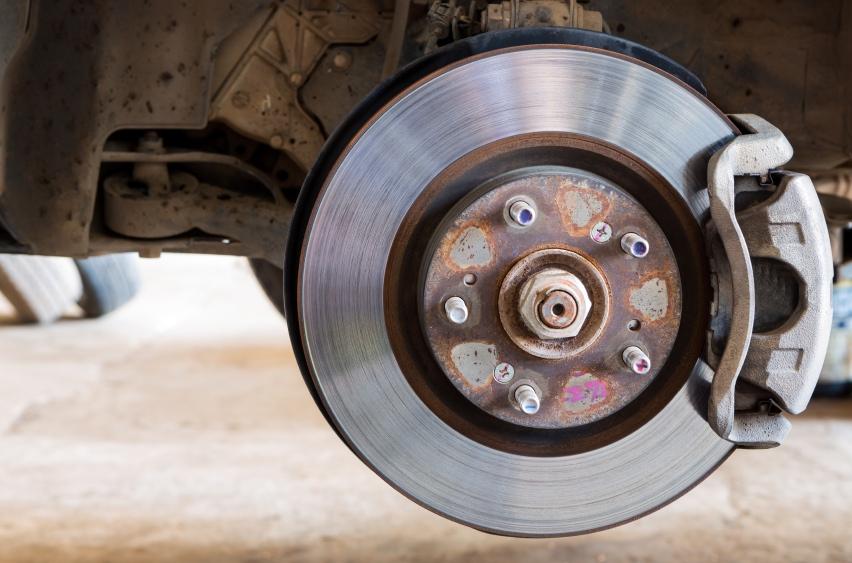Do I need to replace rotors with pads? It seems to be confusing for the noob drivers since there are some factors to weigh in to decide should rotors be replaced with pads.
The vehicle’s braking system is vital for driving safety. You need to carefully assess the conditions of these parts to determine whether they need replacing or turning.
Mechanics sometimes suggest changing these components together because they wear together.
Replacing just the pads may cause squeaky brakes because the new parts may not fit into the old rotors. But, are there any exceptions? Do I need new rotors or just brake pads, or both?
Contents
Do I Need To Replace Rotors With Pads?
Most manufacturers recommend the replacement of both and many car servicing will also suggest the same. But, do you have to change rotors when changing brake pads every time? Not necessarily.
Brake pads and rotors work together but they wear out separately. When the brake pads show symptoms of going awry, you have to inspect the condition of the rotor to see if they need fixing too.

>> Finding a cheap used car in good conditions here <<
Brake rotors have to maintain a minimum thickness for functioning safely. You will find the recommended measurement stamped on the rotor.
It needs immediate replacement if the depth is below the minimum level or close to the borderline. Ask the mechanic to burnish the new pads into the new rotors to make them compatible with each other and achieve the optimal braking performance.
You don’t need to change the rotors if they still have enough thickness.
When Do I Need To Replace Rotors With Pads?
The braking system generates an enormous amount of heat when you brake hard at a high speed. The thicker the rotor is the better it can cope up with the heat.
If you have a worn out rotor but a functional pad, it won’t be a problem when you drive the car around the city.
But, you should change them straight away if you are going to drive the car on the highway or if it is a big car like an SUV.
Apart from rotors wearing off below the minimum thickness, when do you need to replace these components?
The pads need replacement when they have less than 3mm of friction material left. Similarly, serious scoring or rust on the rotors calls for changing them for new ones.
However, turning could be a good option in case the rotors are warped or have an uneven surface. A warped rotor always causes visible symptoms so it’s not hard to detect the problem.
When you are braking at a high speed, the vehicle won’t stop smoothly but will create a kind of vibration.

SEE MORE :
In that case, turning the brake rotors will fix them. It involves removing a small amount of material from their surface so that the warp or rust is no more. Obviously, the rotors will still have to have the required thickness for proper functioning.
If you compare turning rotors vs replacing, the second one is a good option. Despite being slightly more expensive than turning, new motors come with their own advantages and the maximum thickness.
FAQs
-
Do I always need to replace rotors when changing brake pads?
No, you don’t always need to replace rotors when changing brake pads. It depends on the condition of your existing rotors.
-
When should I replace rotors along with brake pads?
Rotors should be replaced if they are worn, damaged, or have deep grooves, scoring, or warping. It’s also recommended when changing to a different type of brake pad or if the rotors are near their minimum thickness specification.
-
Can I just resurface the rotors instead of replacing them?
Resurfacing (or machining) rotors is an option if they are within the manufacturer’s specifications and haven’t reached their minimum thickness. However, it’s not always cost-effective and may not provide the best braking performance.
-
What happens if I only replace brake pads and not the rotors?
If your rotors are in good condition, replacing just the brake pads is perfectly fine and common practice. However, if the rotors are damaged or worn, it can lead to decreased braking performance and noise.
-
How can I determine the condition of my rotors?
Inspect your rotors for visible damage, deep grooves, scoring, or warping. You can also measure their thickness with a micrometer to see if they are within the manufacturer’s specifications.
-
Is it more cost-effective to replace both pads and rotors at the same time?
While it may be more expensive upfront to replace both, it can be cost-effective in the long run by ensuring optimal braking performance and avoiding the need for future rotor replacement.
Check out this video from Budget Mechanic to learn how to check your brake pads and rotors!
Conclusion
Whether or not you need to replace rotors when changing brake pads depends on the condition of your existing rotors. If the rotors are in good shape and within spec, you can simply replace the brake pads.
However, if the rotors show signs of wear, damage, or are near their minimum thickness, it’s advisable to replace them for the sake of safety and braking performance!



